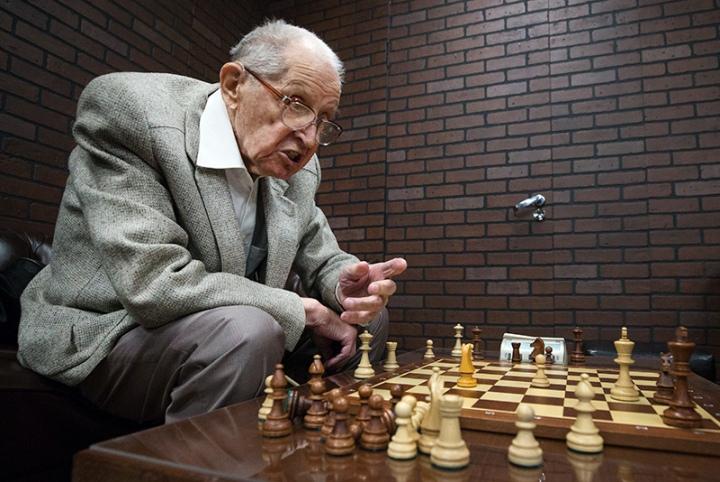In the quiet intensity of a tournament hall, where the hushed murmurs of spectators mingled with the sharp clacks of chess pieces,
tragedy struck unexpectedly. It was a cold winter’s day when the news spread like wildfire among the participants and organizers: a
seasoned chess player, revered for his strategic brilliance and unwavering composure at the board, had passed away mid-game.
The atmosphere, once charged with the intellectual vigor of a competitive chess match, was now steeped in a solemn silence. Players,
some with brows furrowed in deep concentration, others staring blankly at the boards before them, were suddenly confronted with the
fragility of life.

The deceased, known for his encyclopedic knowledge of openings and endgames alike, had always been a pillar of the chess
community. His absence was palpable, leaving behind a void that echoed through the hall. Fellow players reminisced about his fierce
yet gracious demeanor during matches, his unwavering dedication to the game, and his ability to inspire younger generations of chess
enthusiasts.
As the news settled in, the tournament organizers faced a somber decision: how to proceed amidst the grief and shock that permeated
the room. With heavy hearts, they announced a temporary halt to the tournament, allowing players to pay their respects and process
the sudden loss.
Outside the hall, under the grey skies that mirrored the solemnity within, friends and competitors gathered to share memories and
console each other. Stories of games won and lost, of advice given generously during post-mortem analyses, painted a vivid portrait of
the departed player’s influence on the chess community.
In the following days, tributes poured in from around the world. Chess clubs, forums, and social media platforms overflowed with
messages of condolence and gratitude for the indelible mark he had left on the game. His contributions to chess theory and his
sportsmanship in competition were celebrated, even as the shock of his untimely passing continued to reverberate.
The tournament eventually resumed, albeit with a solemnity that underscored the fleeting nature of life and the bonds forged through
competition and camaraderie. Moves were made with a touch more reverence, victories and defeats carried a heavier weight, and the
spirit of the departed player lingered in every corner of the hall.
For those who knew him, he remained a symbol of chess’s intellectual rigor and its ability to unite people across cultures and
generations. His legacy, both on and off the board, ensured that his passion for the game would endure, a testament to the profound
impact one person can have in a community bound by a shared love for chess.


